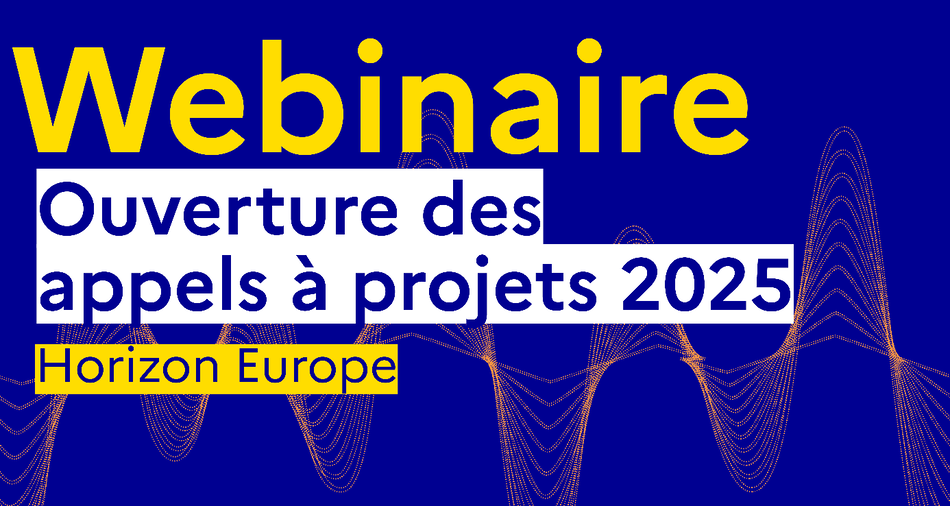Expected Outcome:
Project outputs and results are expected to contribute to all of the following outcomes:
- Further developing the innovation pipeline from system demonstration to deployment stage for innovation in the EU and Associated Countries.
- Developing scientifically sound mature proposals for the deployment of technological solutions to reduce Greenhouse Gas emissions.
- Establishing synergies between different EU R&I funding programmes.
- Contribute to the REPowerEU plan, as well as the overall EU climate targets.
Scope:
The aim of this topic is to promote and facilitate technologically, financially, and operationally mature projects from Horizon 2020 to reach deployment phase by means of developing synergies with other EU funding programmes, namely the ETS Innovation Fund.
The topic aims to support four separate coordination and support actions (CSA), each respectively focussing on one of the following areas:
- Low-carbon technologies in energy-intensive industries,
- Carbon capture, use and storage (CCUS)[1].
- Renewable energy generation.
- Energy storage & hydrogen.
For each individual CSA, consortia should include partners from at least 3 different Horizon 2020 projects having developed mature technological innovations[2] with high potential of deployment under IF[3],[4]. However, depending on the specific sector the consortium focuses on, and on the number of Horizon 2020 projects that have already reached an adequate stage of maturity, a higher number of Horizon 2020 projects represented per individual consortium is preferred.
Each CSA should produce as the final output a number[5] of sound proposals[6] (including detailed plans for scalability, commercialisation, and financial models) to be presented to the IF.
Consortia should mobilise (either through internal competences in the consortia or through outsourcing) the needed expertise for the preparation of sound proposals, keeping in mind the ETS IF evaluation criteria: 1) Project maturity, 2) GHG emissions avoidance potential, 3) Degree of innovation, 4) Degree of technical, financial, and operational synergies within the consortium.
Each proposal should also contribute to the development and operationalisation of a continuous innovation pipeline from Horizon 2020 innovations to deployment. For this, proposals should:
- Work in collaboration with key R&I organisations and industrial associations in their respective areas including Horizon Europe public-private partnerships such Processes4Planet, Clean Steel, Clean Hydrogen Joint Undertaking, and Clean Energy Transition/Batt4EU.
- Devote sufficient resources to collaborate among the proposals selected in the different areas in particular to organise joint activities to promote the mobilisation of the financial and technical expertise needed for the elaboration of sound IF proposals.
- Organise joint open events within their specific area with key industrial stakeholders to share lessons learnt and to promote synergies between Horizon Europe and the IF (e.g. organising open key information dissemination workshops with a larger group of Horizon 2020 projects).
- Cooperate with IF to seek advice and give feedback on lessons learnt to EU innovation funding opportunities, and to prepare a written report detailing the process and achievements within the respective specific area.
Whilst the topic primarily focuses on supporting the project pipeline from Horizon 2020 to the Innovation Fund, the scope of this topic is not limited to the Innovation Fund, and the promotion of projects to deployment including other relevant funding means either at EU or national/regional levels (such as Regional & Cohesion funds, Recovery and Resilience Facility, Important Projects of Common European Interest) is also desirable.
[1] Proposals may include CCU, CCS or CCUS approaches.
[2] In particular projects aiming at a high TRL level, e.g Horizon 2020 Innovation actions
[3] https://ec.europa.eu/clima/eu-action/funding-climate-action/innovation-fund/large-scale-projects_en
[4] https://ec.europa.eu/clima/eu-action/funding-climate-action/innovation-fund/small-scale-projects_en
[5] The final number will be decided by the consortia depending on the specific sector and the number of mature projects funded by Horizon 2020.
[6] Individual proposals for the IF will not be considered public deliverables to ensure full confidentiality.





